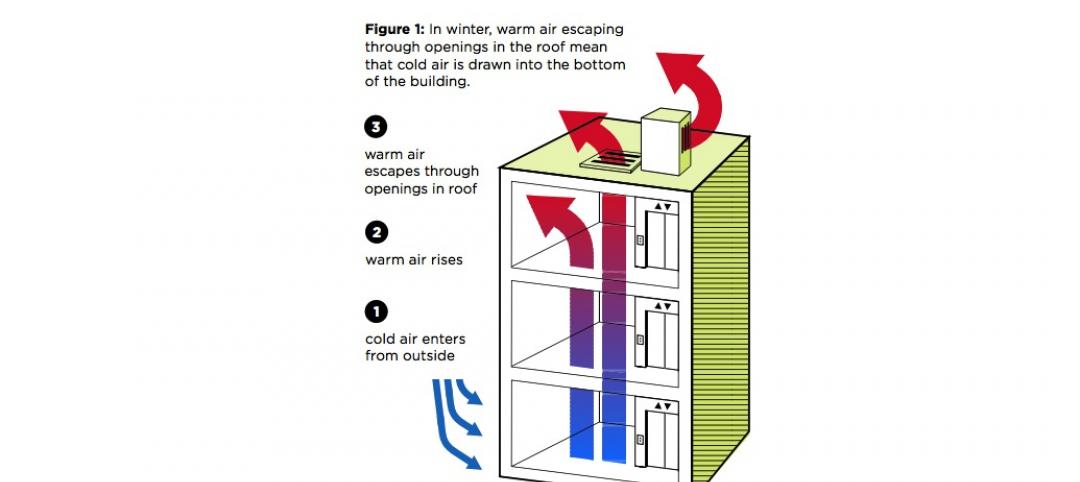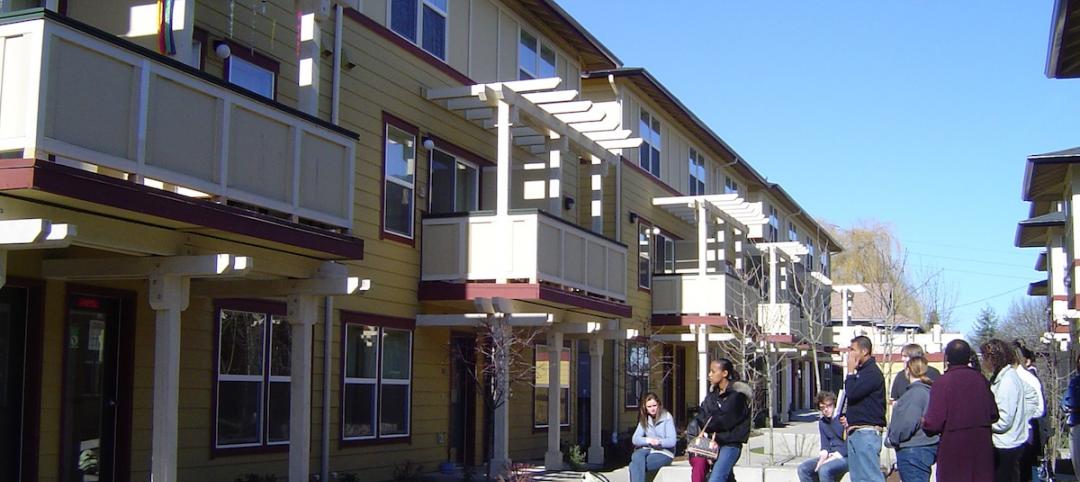In recent years, innovations in energy efficiency technology has opened many new avenues to reduce electric consumption in buildings.
But it is hard for building owners to keep up with these developments, analyze which options are most cost effective, and decide how best to invest their money. An increasingly popular method to implement energy efficiency technology is called “energy efficiency as a service.”
A typical arrangement consists of a building owner and a provider striking an agreement that pays for energy efficiency projects. The building owner does not pay anything upfront. The owner makes payments in installments within a certain timeframe. Payments are in the form of savings in energy costs realized from the improvements.
Bentley Mills, a manufacturer of commercial carpet products, employed this technique to fund a $1.5 million energy efficiency project. The contract stated that over the course of the 8-year term, Bentley would save over 12.8 million kWh. One year after the project was completed, the plant measured a 21% decrease in the kWh per square yard manufactured while increasing sales growth by 9% during the same time.
Related Stories
Green | Apr 3, 2015
Georgia may ban use of LEED on state buildings
Georgia's state legislature is considering a measure to require all state buildings to only use green building standards that permit the use of Georgia's lumber.
Codes and Standards | Mar 29, 2015
Elevator shafts a major source of heat loss in New York City
A typical New York apartment building loses thousands of dollars worth of energy every year from leaky elevator shafts that vent warm air at the top of the building and draw in cold air at the bottom, according to a new Urban Green Council report.
Green | Mar 22, 2015
6 myths holding back green building
Sustainable design has proven benefits, so why isn’t it more widely adopted?
Multifamily Housing | Mar 16, 2015
New Jersey Supreme Court puts control of affordable housing agency in the courts
The court said the state’s affordable housing agency had failed to do its job, and effectively transferred the agency's regulatory authority to lower courts.
Codes and Standards | Mar 16, 2015
San Jose adopts bird-friendly building standard
The standard includes avoiding large chunks of transparent or reflective glass and adding fritting.
Codes and Standards | Mar 12, 2015
Energy Trust of Oregon offers financial incentives for net-zero buildings
The organization is offering technical assistance along with financial benefits.
Codes and Standards | Mar 10, 2015
Real estate interests push Congress for Census funding
The groups have joined forces to urge Congress to fully fund the 2020 Census and the annual American Community Survey in its 2016 budget.
Codes and Standards | Mar 5, 2015
Charlotte, N.C., considers rule for gender-neutral public bathrooms
A few other cities, including Philadelphia, Austin, Texas, and Washington D.C., already have gender-neutral bathroom regulations.
Codes and Standards | Mar 5, 2015
FEMA cuts off funding to Indiana after Kokomo continues building stadium in flood zone
FEMA will withhold funding on $5.5 million worth of projects such as building tornado safe rooms in schools.
Codes and Standards | Mar 5, 2015
Construction problems at prison spur support to quash non-traditional project delivery in Iowa
Iowa lawmakers are investigating construction problems at the Fort Madison prison project and are scrutinizing rules regarding project delivery on state projects.















